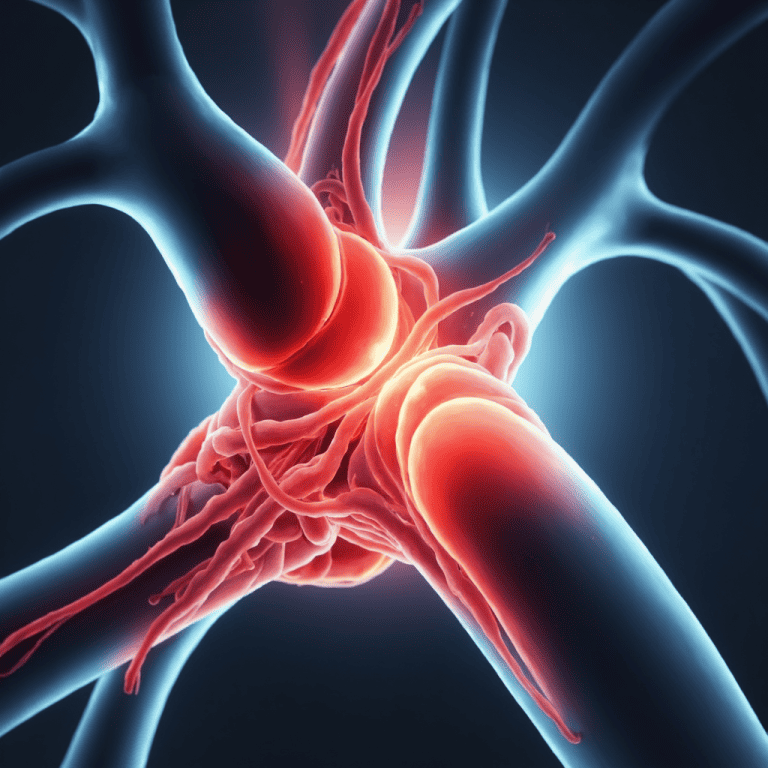Welcome to the online Veins Quiz! Veins are an essential part of your body’s circulatory system, responsible for carrying blood back to your heart. In this quiz, you will test your knowledge on the function of veins, their structure, and how they contribute to your overall health.
Did you know that there are three types of veins in your body? These include superficial veins, deep veins, and perforating veins.
By taking this quiz, you will learn all about the different types of veins and how they work together to keep your blood flowing smoothly.
So, get ready to dive into the fascinating world of veins and see how much you know about these vital blood vessels!
Play Veins Quiz
Instructions
- This quiz is multiple choice.
- Read each question carefully before selecting an answer.
- Choose the best answer for each question.
- You will see the missed questions with correct answers at the end of the quiz.
Quick Facts
- Veins are blood vessels that carry oxygen-depleted blood back to the heart.
- They have valves that help prevent blood from flowing backwards.
- They are usually located closer to the surface of the skin compared to arteries.
- They can expand and contract to help regulate blood flow.
- Varicose veins are enlarged, twisted veins that can be painful and unsightly.
- Deep veins are located within muscle tissue and carry the majority of blood back to the heart.
- Spider veins are small, dilated blood vessels that are close to the surface of the skin.
- They play a crucial role in maintaining proper circulation throughout the body.
- Healthy veins are important for overall cardiovascular health.
- They can be affected by conditions such as blood clots, inflammation, and blockages.
Downloads
Study Tips
- Create a study schedule and stick to it.
- Find a quiet and comfortable study environment.
- Remove distractions such as phones and social media.
- Take breaks every 25-30 minutes to avoid burnout.
- Use active studying techniques like summarizing, highlighting, and teaching concepts to someone else.
- Practice retrieval by testing yourself with flashcards or practice quizzes.
- Stay organized with notes, study guides, and resources.
- Stay hydrated and eat brain-boosting foods like fruits, nuts, and whole grains.
- Get enough sleep to improve memory retention and cognitive function.
- Reward yourself for reaching study goals to stay motivated.
